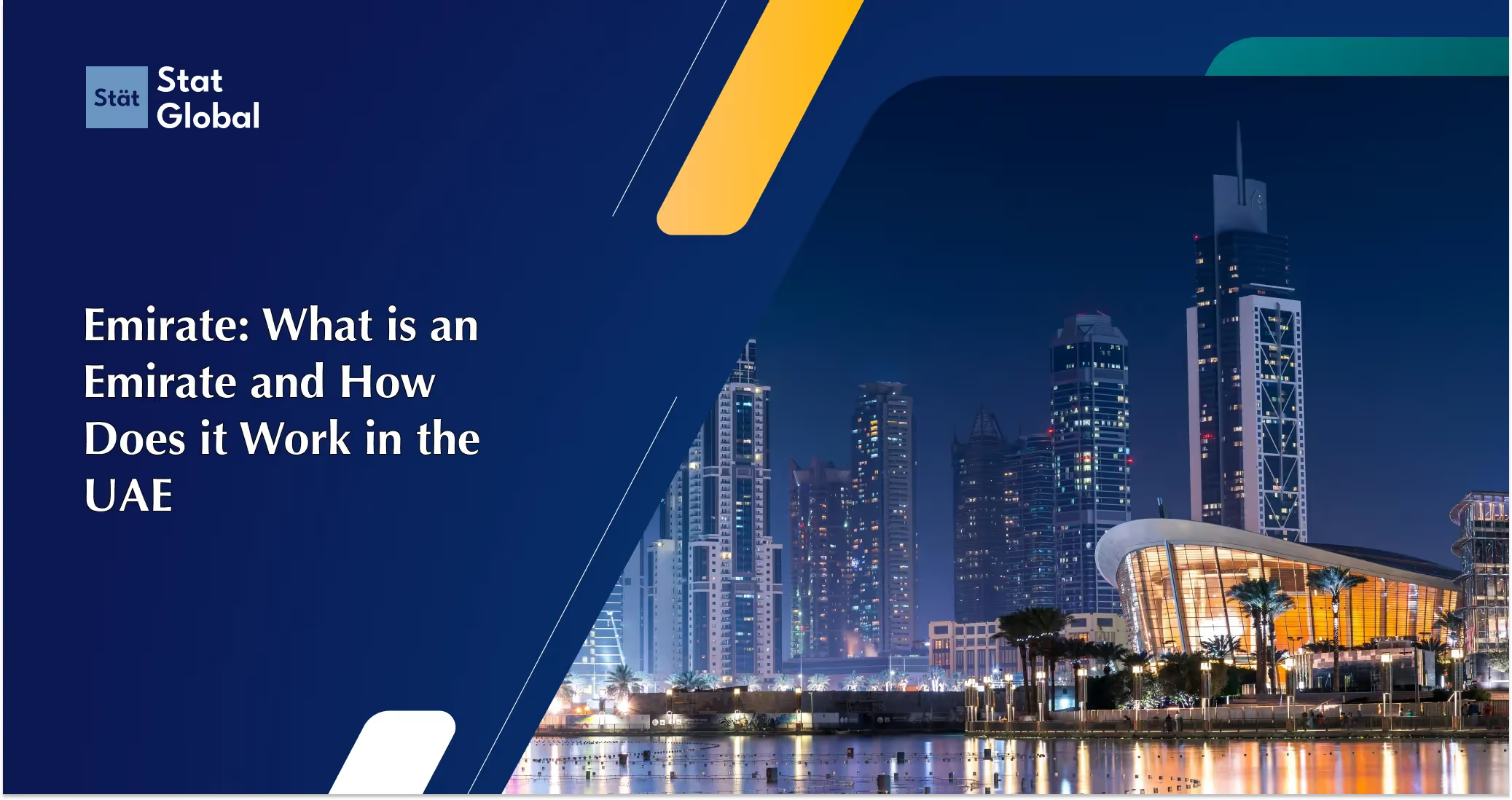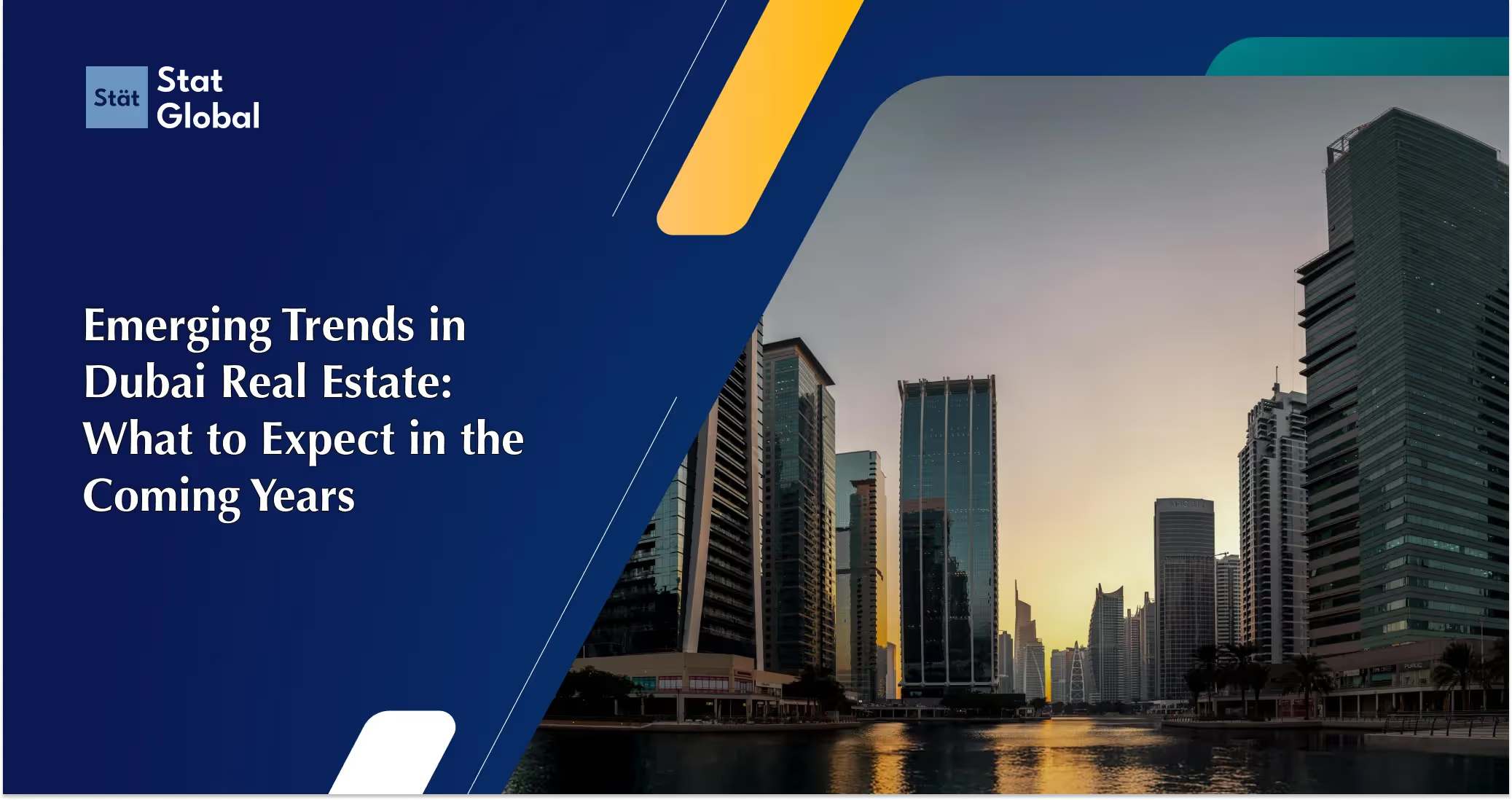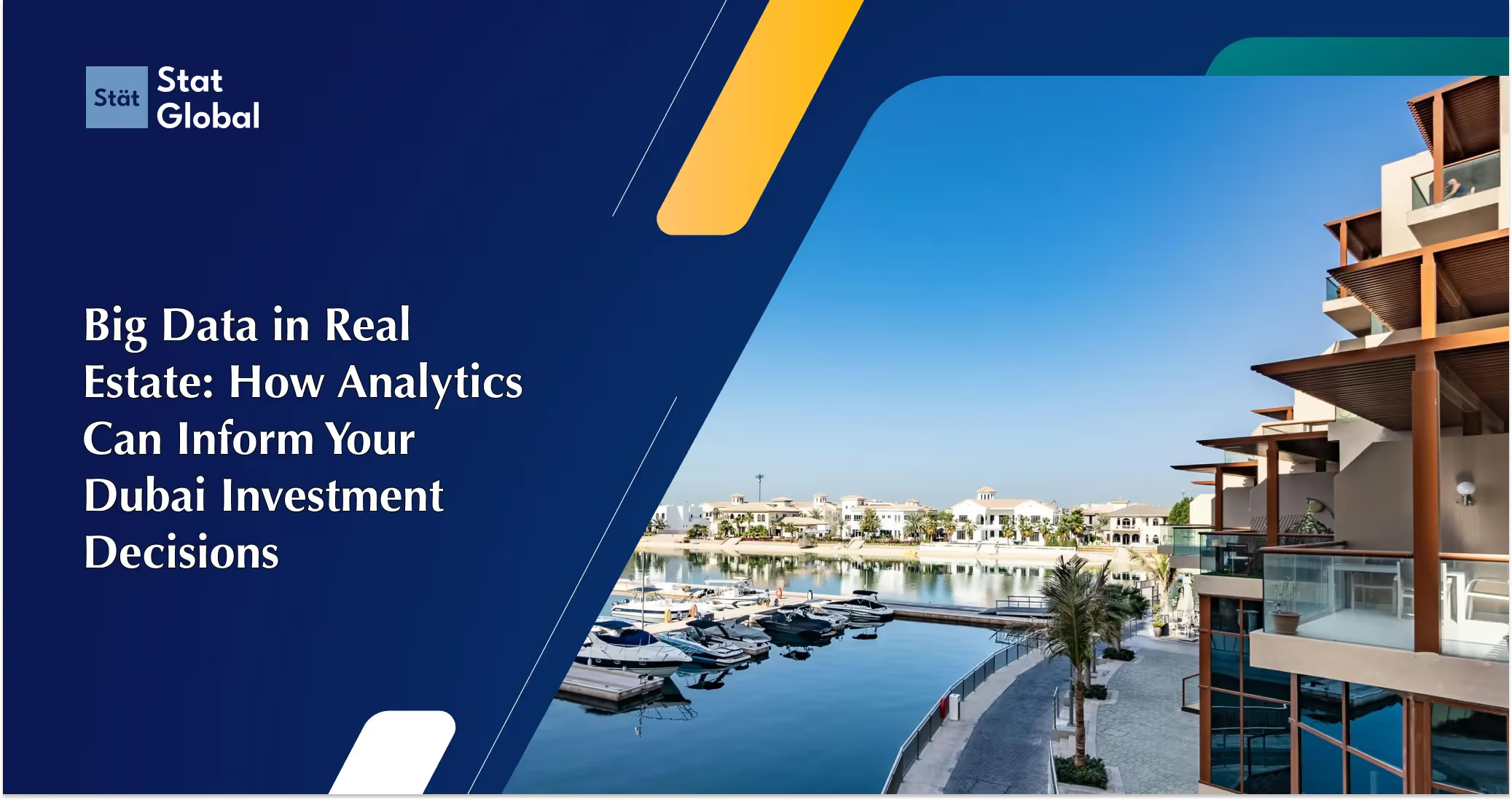
Emirate: What is an Emirate and How Does it Work in the UAE
The United Arab Emirates (UAE) boasts a captivating real estate market with potential for international investors. However, navigating this dynamic landscape requires a deeper understanding of the UAE's unique structure – a system governed by individual Emirates. In today’s article, we will learn more about the Emirate system, its impact on local governance and the economy, and, ultimately, how it shapes real estate investment opportunities.
The Emirate System: A Historical and Legal Landscape
The United Arab Emirates (UAE) boasts a fascinating political structure known as the Emirate system. Here, seven individual Emirates – Abu Dhabi, Dubai, Sharjah, Ajman, Umm Al Quwain, Ras Al Khaimah, and Fujairah – each led by a hereditary ruler called a Sheikh, come together to form a federation. This system, established in 1971, offers a unique blend of tradition and unity.
Understanding the historical context is crucial. These Emirates have rich histories, evolving from independent tribal communities into a unified force in the late 20th century. The discovery of oil further fueled their economies, paving the way for the UAE's formation. However, unlike a centralized monarchy like the UK (with a single ruling family), or a completely democratic republic like the US, the UAE offers a more nuanced structure.
Here's where the complexity, and therefore the importance for investors, comes in. Each Emirate retains a degree of autonomy, with its own legal framework governing real estate transactions. This variation necessitates a comprehensive understanding of the specific regulations within each Emirate an investor is considering. While each Sheikh holds significant power, similar to a monarch, there's also a federal structure with a shared currency and foreign policy. This unique system creates a distinct political landscape for investors to navigate, combining elements of a hereditary monarchy with a unified federal government.
The Evolving Emirate Economy: Beyond Oil and Towards Diversification
The United Arab Emirates' story is one of remarkable transformation. While the discovery of oil undoubtedly fueled the country's initial economic boom, the visionary leadership recognized the need to move beyond a single resource. This strategic shift towards economic diversification has become the key to the UAE's continued success and future growth.
Oil revenue has played a crucial role in this diversification strategy. Instead of simply relying on its natural resources, the UAE has cleverly used oil money to invest in other sectors that hold long-term potential. Take Dubai for example. This once small trading port has been transformed into a global hub for tourism, finance, and logistics. This diversification offers a wider range of investment opportunities, attracting not only tourists seeking luxury experiences but also international businesses seeking a foothold in the region.
Real estate acts as a cornerstone of this diversified economy. Dubai, with its world-class infrastructure, thriving business environment, and focus on innovation, continues to be a magnet for investors. Here, oil money has been strategically used to develop iconic landmarks like the Burj Khalifa, luxurious residential projects, and innovative commercial spaces. This not only fuels the construction industry but also creates an environment that attracts international talent and further drives economic growth.
Foreign investment is actively encouraged by the Emirates, acting as another key catalyst for diversification. Free zones, like the Dubai International Financial Centre (DIFC), offer a haven for international businesses. Tax breaks, streamlined procedures, and the ability to repatriate profits make the UAE an attractive proposition. This influx of foreign capital helps to finance the development projects mentioned above, creating a virtuous cycle that propels the Emirate economies forward.
In conclusion, the UAE's success story is a testament to the power of foresight and strategic planning. By moving beyond oil and embracing diversification, the Emirates have created a dynamic and prosperous economy with a bright future.
Navigating the Legal Landscape: Laws, Free Zones, and Investor Protections
The UAE's Emirate system, while offering a unified nation, presents a fascinating complexity for investors. Each Emirate, like Abu Dhabi and Dubai, possesses its own legal framework, including real estate regulations. Understanding these intricacies is crucial for informed investment decisions.
Here's what you, as an investor, need to know:
1. Real Estate Regulations by Emirate: While the UAE prioritizes transparency and investor protection, each Emirate has its own set of real estate laws. This can involve variations in freehold ownership percentages and permitted property types. In-depth legal expertise, particularly regarding the specific Emirate you're interested in, is essential for navigating these intricacies and ensuring a smooth investment process.
2. Free Zones: A World of Opportunity: Free zones within the Emirates, like the Dubai International Financial Centre (DIFC), act as havens for foreign investors. These zones offer distinct advantages, including:
- Ownership Rights: Free zones often allow for full foreign ownership of businesses and properties, unlike some areas within the Emirates.
- Simplified Regulations: Free zones typically have streamlined procedures and reduced bureaucracy compared to the wider Emirate.
- Profit Repatriation: Investors can enjoy the ability to repatriate their profits freely, offering greater financial flexibility.
Free zones play a significant role in attracting foreign capital, fostering economic diversification within the Emirates, and creating vibrant business hubs.
3. Property Rights and Investor Safeguards: The UAE offers freehold ownership in designated areas within each Emirate. This allows you to own a property outright, providing security and potential for capital appreciation. However, partnering with a reputable real estate expert is highly recommended. At Stat Global, we can ensure a secure and transparent investment experience, safeguarding your rights throughout the process and helping you maximize your returns.
By understanding the legal landscape and its nuances, you can approach your investment in the UAE with confidence. Don't hesitate to seek expert guidance at Stat Global to navigate the legalities specific to your chosen Emirate and unlock the exciting opportunities that await you.
Why Invest in the Emirates? A Dynamic Landscape Awaits
The Emirate system, with its emphasis on innovation and healthy competition, creates a dynamic environment that is highly attractive for real estate investors. Dubai, in particular, offers a compelling proposition with its stable market, significant growth potential, and a diverse range of investment opportunities.
Ready to Unlock Your Investment Journey?
Statglobal, with its team of experts, can be your trusted partner in navigating the exciting world of real estate investment in the UAE. We possess a deep understanding of the Emirate system and the specific legal nuances of each Emirate. We can guide you through every step of the investment process, from identifying the right property to navigating legalities and ensuring a smooth transaction. With Statglobal by your side, you can unlock the vast potential of the UAE's real estate market and achieve your investment goals.
Contact Statglobal today and take the first step towards realizing your real estate investment goals in the Emirates!


.svg)










